The expensive truth behind a free piano: 3 reasons they’re usually too good to be true
We explore whether a free piano from classifieds ads - Facebook Marketplace, Gumtree, Craigslist et al - is really a great opportunity to bag a new instrument, or more hassle than it’s worth
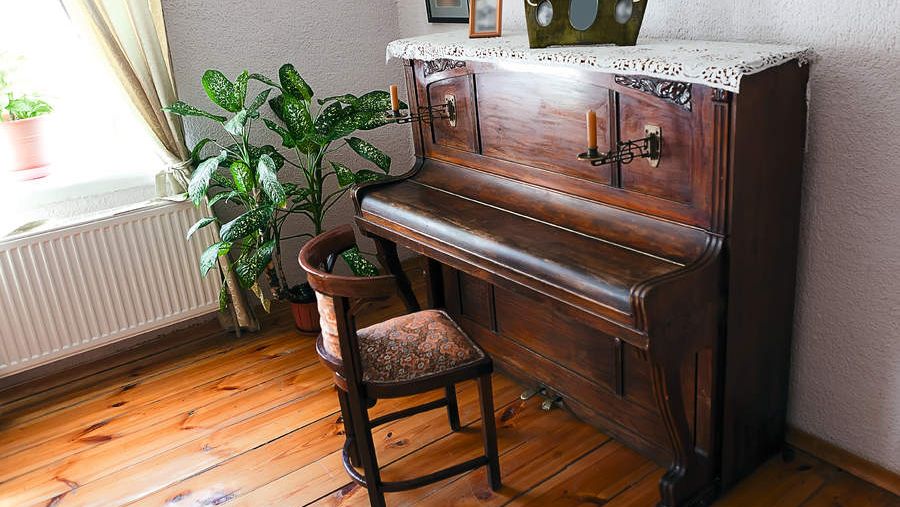
Now, if you've spent more than five minutes perusing the classified ads, Gumtree, Craigslist, or Facebook Marketplace, you'll have undoubtedly come across a multitude of free piano listings. On the surface, these freebie pianos look like one hell of a deal and the ideal solution for beginner players looking to get started without shelling out thousands on a state-of-the-art acoustic piano. However, they often say there's no such thing as a free lunch, and well, that certainly applies to pianos as well. We believe a lot of novice players would get quite a shock at the true cost of a free piano.
Before we go any further, we first have to make it clear that not all free pianos are born equal. Some of these instruments are simply being moved on due to personal circumstance and are in perfect working order - and if you find one of them, it can feel like you've won the lottery. That said, the majority of them are being donated due to the fact that there are major issues with the instrument, stopping them from being sold for cash.
So, to make sure you bag the piano of your dreams and not an 88-key nightmare, we're going to break down the common issues we've seen with free pianos, problems to look out for, and what you may want to consider purchasing instead.

Before becoming a Senior Deals Writer at MusicRadar, I worked for many years in music retail, helping pair musicians with their dream piano, keyboard or guitar. Through my time in music stores, I've seen many customers pick up a free piano in good faith and spend a small fortune on repairs just for the piano to be unfit for purpose. Ultimately, after weeks of trying to get the instrument playing correctly, they would visit me in-store and eventually get the piano that should've been purchased in the first place. So, the main aim of this article is to stop that from happening to you and ensure you get the piano you deserve.
A free piano is most likely not in playing condition and repairs are expensive!
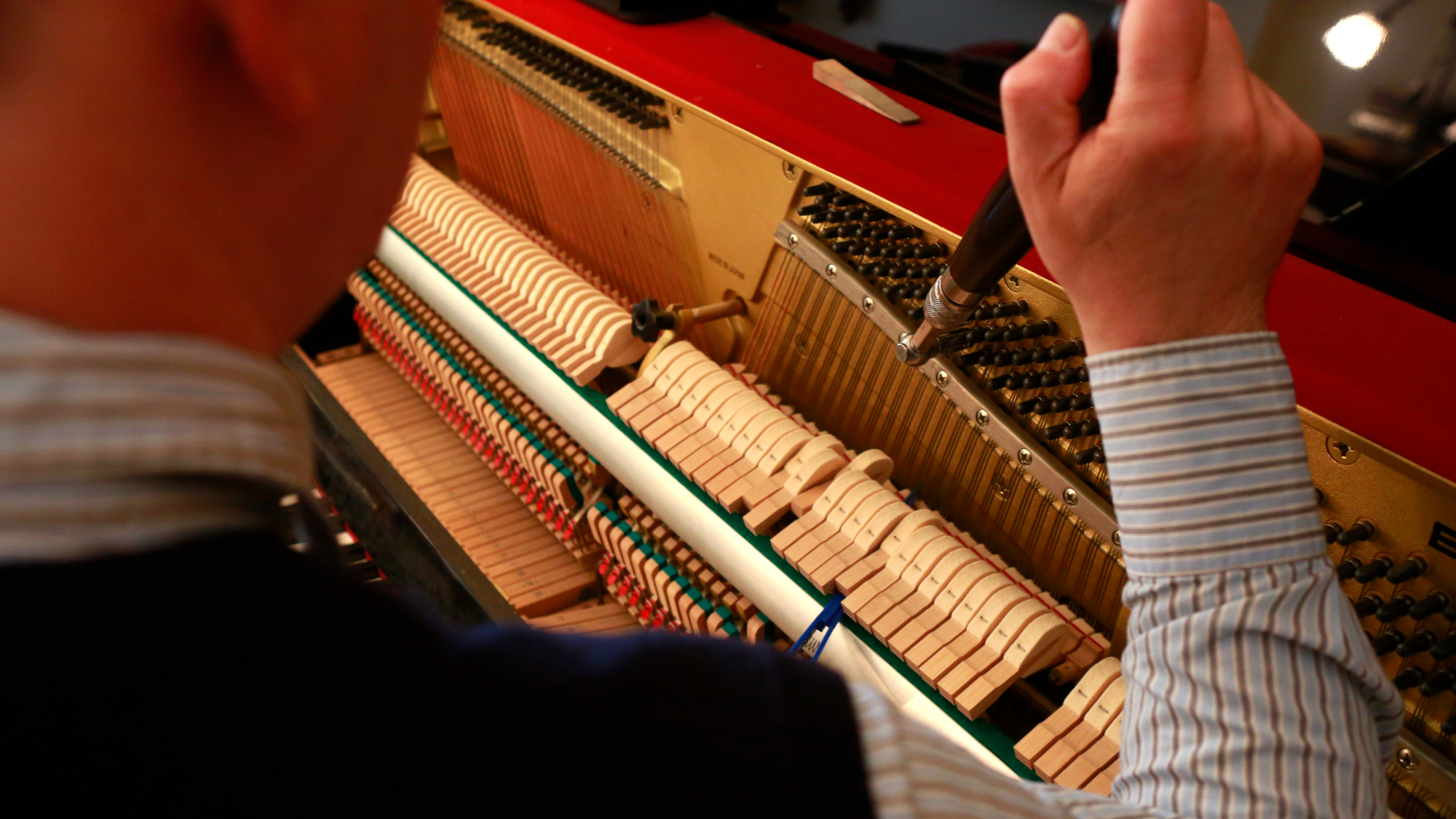
Okay, let's get the obvious one out of the way first. Typically pianos that are being donated free of charge are in a state of disrepair. Whether it's faulty keys, broken strings or something a little more sinister, there is usually an issue that will require fixing before you can start making music.
It should come as no surprise that repairing a piano can be a costly and time-consuming process, and even with repairs completed, your free piano may not sound or function as well as a new or well-maintained instrument.
At the very least, the piano will need to be tuned and you will require a professional to ensure that it's done correctly. Prices can vary for this service and be as low as £90 but as high as a few hundred.
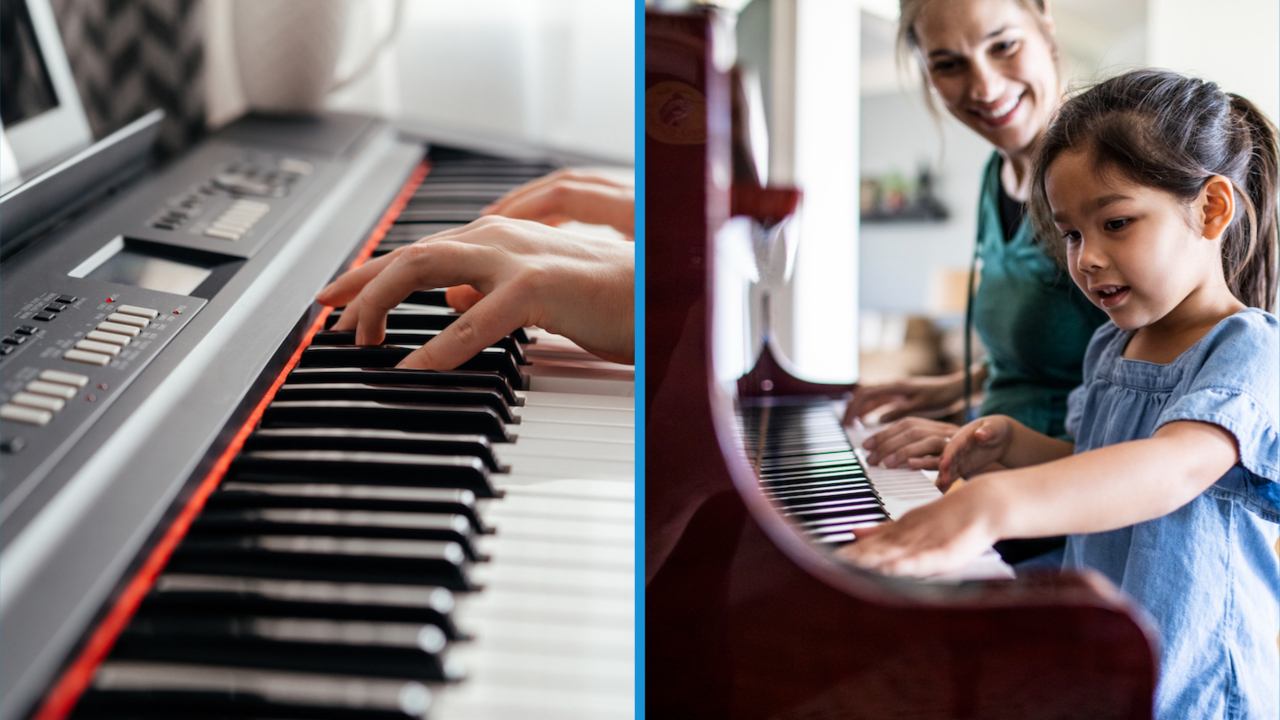
Digital piano vs acoustic piano: what’s the difference?
We take a deep dive into the many differences between digital and traditional pianos.
Of course, the age and condition of the instrument play a large role in determining the price of the tuning, with older instruments requiring a little more work to get them up and running. Now, unfortunately, there's no guarantee that once the piano is brought up to pitch that the strings will stay there. One of the biggest reasons pianos are given away is because they simply won't hold their tuning and this is something you'll only find out once you've got it home and had it tuned.
Want all the hottest music and gear news, reviews, deals, features and more, direct to your inbox? Sign up here.
So to avoid shelling out hundreds - if not thousands - of pounds on costly repairs, you'll want to take a thorough look at the piano. If you don't know enough about pianos yourself, then take someone who does, and inspect the instrument to see what needs to be done to make it playable. Does it require a simple tune-up, or are there broken hammers that need replacing?
Once you've determined the state of the damage, you can make the decision as to whether or not you want to take on the project of restoring it.
If you're a beginner, you're not giving yourself the best start
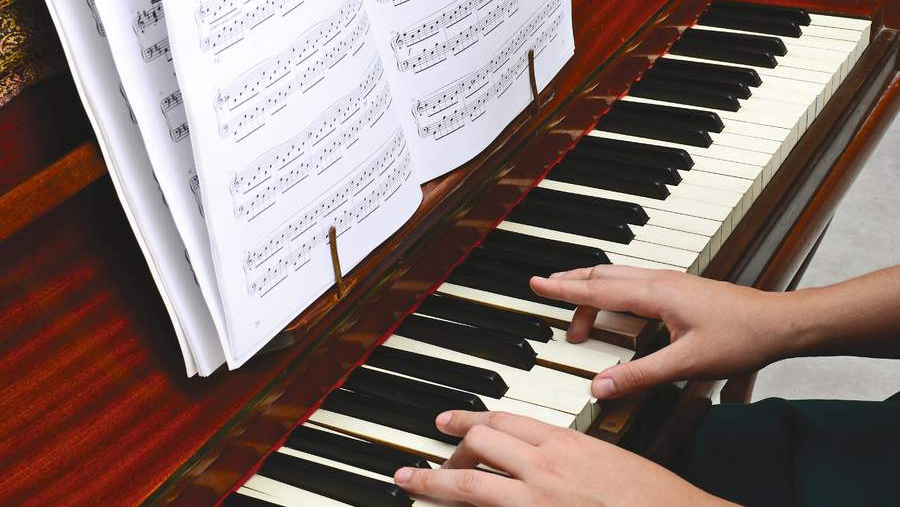
The instrument you learn on can really affect your progress. Start with a high-quality piano and you give yourself the best possible chance at sticking with it and becoming the pianist you've always wanted to be. And as you'd expect, a poor-quality instrument will result in a less-than-desirable playing experience and may even expedite the development of bad habits.
The truth is many free pianos are low-quality instruments that, while they were once brilliant, fully functional pianos in their heyday, are now shadows of their former selves. These once-beloved instruments often suffer from issues with sound quality, durability, and stability, which can impact the overall playing experience.
Moving a free piano isn't always straightforward
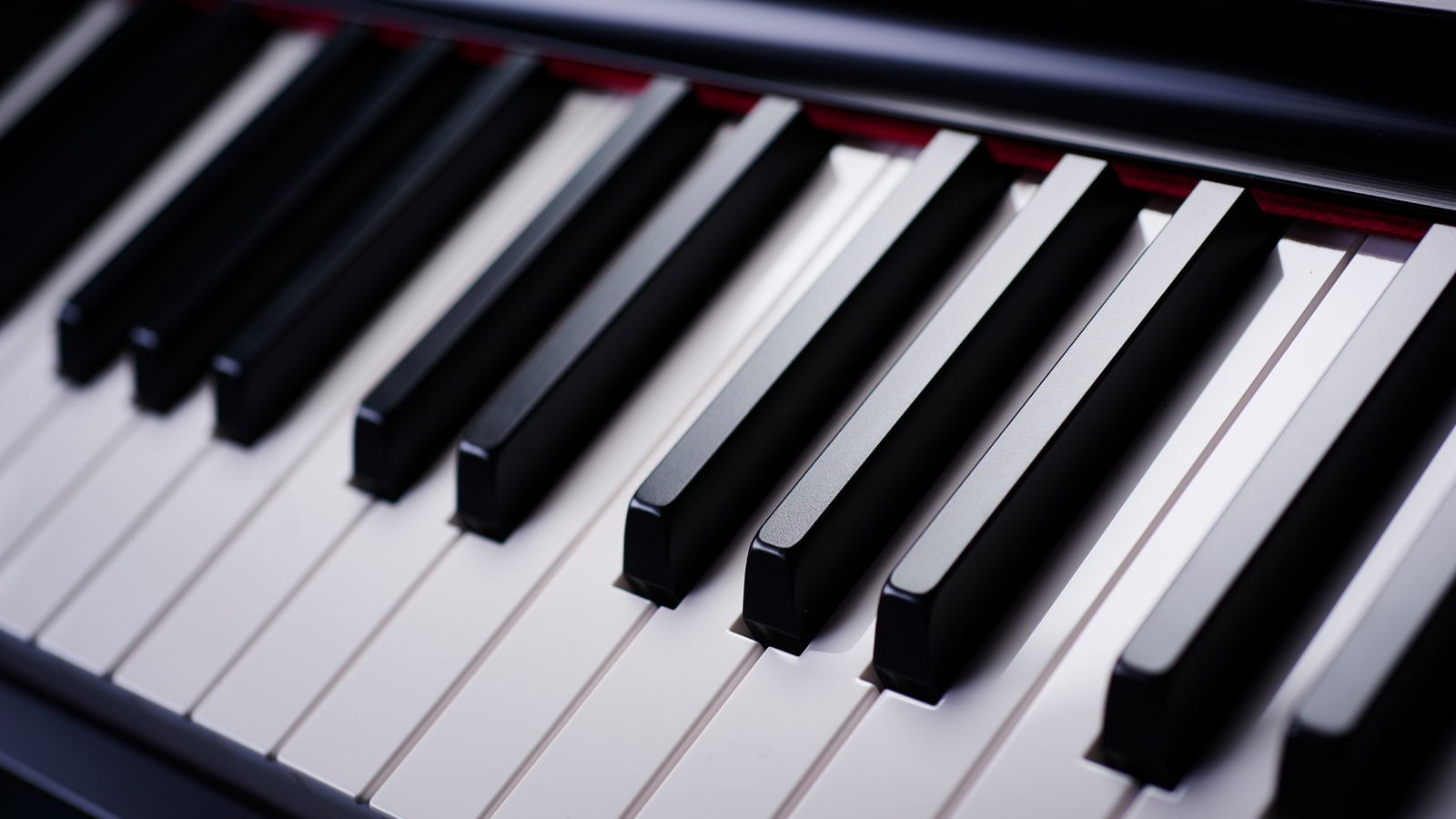
Okay, you don't need us to tell you that pianos are heavy, but this is something you really need to consider when thinking about picking up a free piano. Pianos are large and bulky instruments that can be very difficult to move and transport, requiring specialist equipment to move them safely.
We'd always recommend utilising the skills and expertise of a professional piano mover, as you don't want to damage the piano while getting from A to B - especially if the instrument is already in a fragile state. Now, the cost of this service does vary wildly, as the price is determined by the size and weight of the instrument, the distance travelled and if it needs to be carried upstairs.
So, before you agree to take a piano, get a quote from your local piano movers so you know how much it will cost you.
MusicRadar's piano recommendations
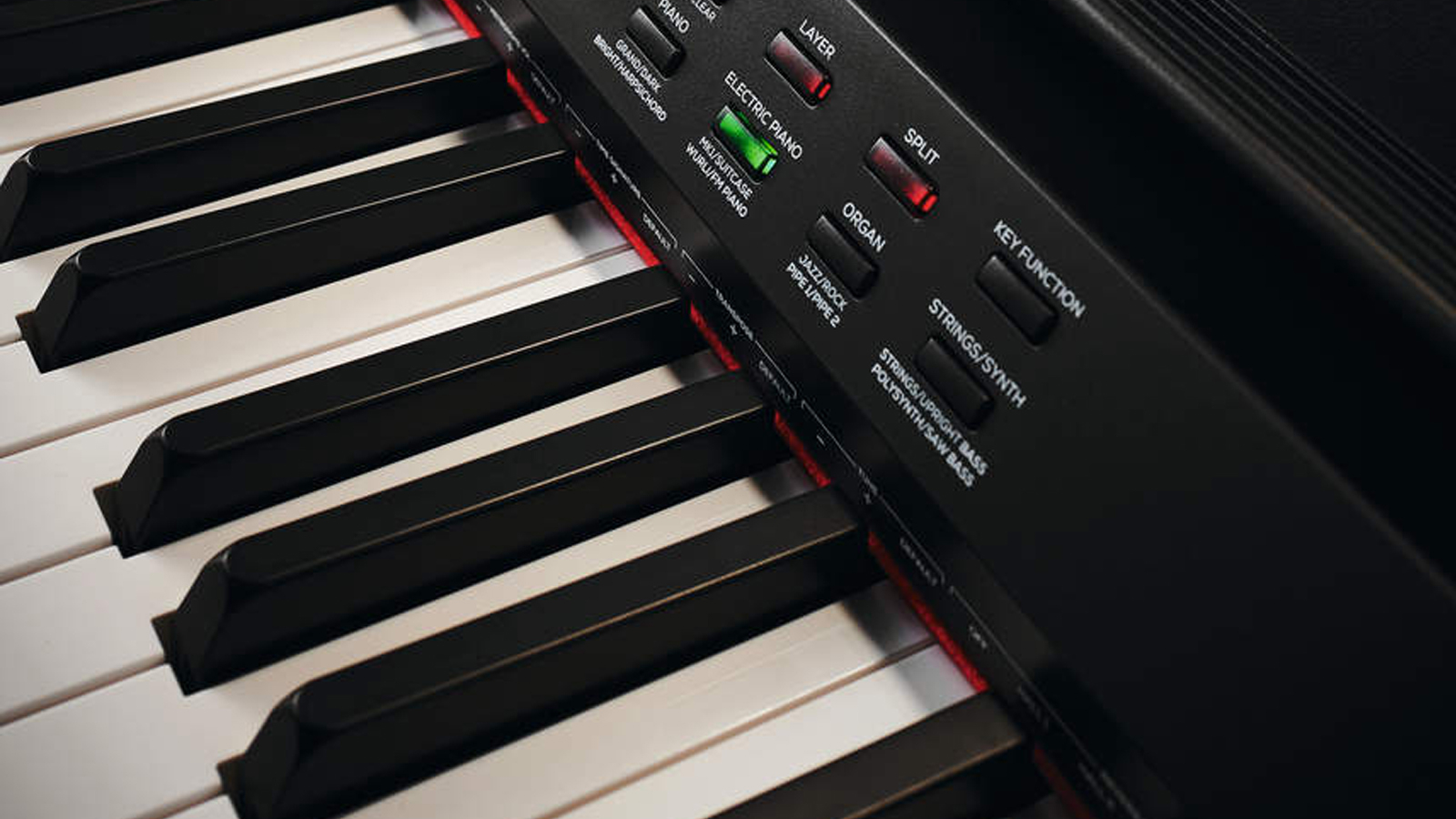
Overall, while a free piano may seem like a great opportunity, it is important to consider the potential costs and drawbacks before deciding to pick one up. It may be more worthwhile to invest in a higher quality, well-maintained instrument that will provide a better playing experience.
So, on that note, here are a few of our favourite pianos, covering everything from low-cost stage pianos to the best digital pianos available right now and even high-end acoustic showstoppers.
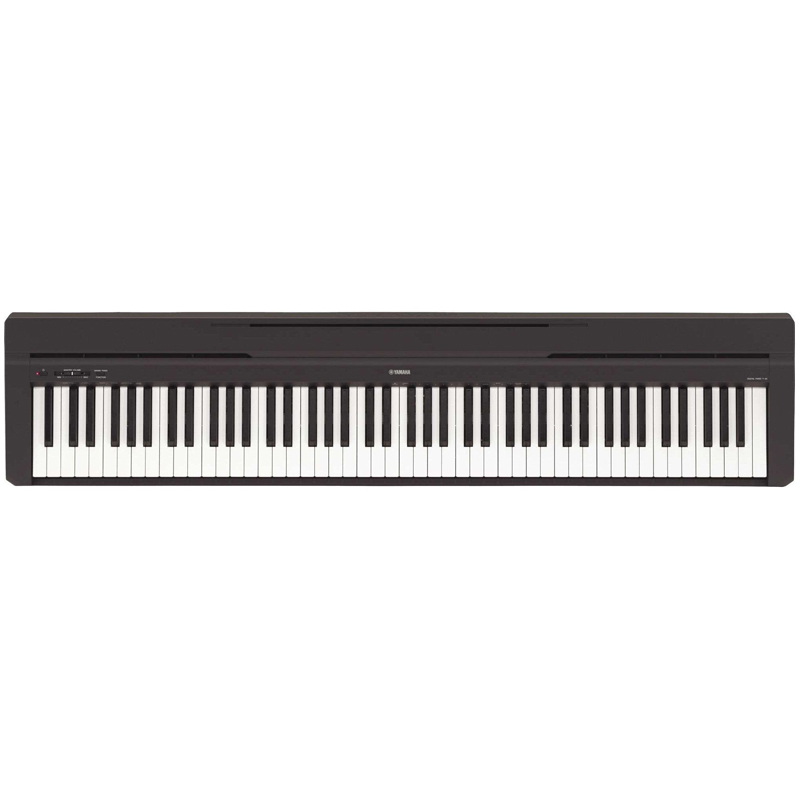
Piano type: Stage Piano
Keys: 88
Dimensions (mm): 1326 x 154 x 295
Weight (kg): 11.5
+ Affordable
+ Reliable
- Some may prefer the look of the YDP
When it comes to an affordable, lightweight, and dependable instrument, the Yamaha P-45 has to be one of the best digital pianos for beginners out there.
With ten highly usable voices and 88 fully weighted keys, this piano is ideal for those looking to learn with a quality instrument without spending a fortune.
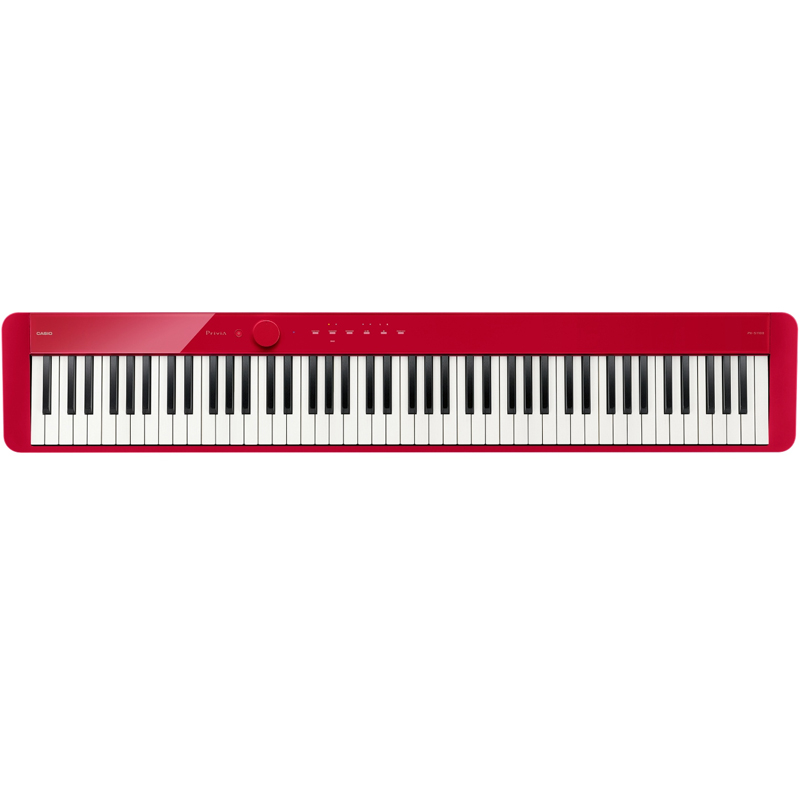
Piano type: Stage Piano
Keys: 88
Dimensions (mm): 1322 x 232 x 102
Weight (kg): 11.4
+ Great action
+ Bluetooth Audio/MIDI
- Some may prefer the feel of Yamaha
The eagerly awaited upgrade of the S1000, the new PX-S1100 builds on its predecessor by adding the modern features today’s budding pianists demand.
This 88-note fully weighted keys piano is perfect for aspiring players looking for an affordable instrument that doesn’t scrimp on quality.
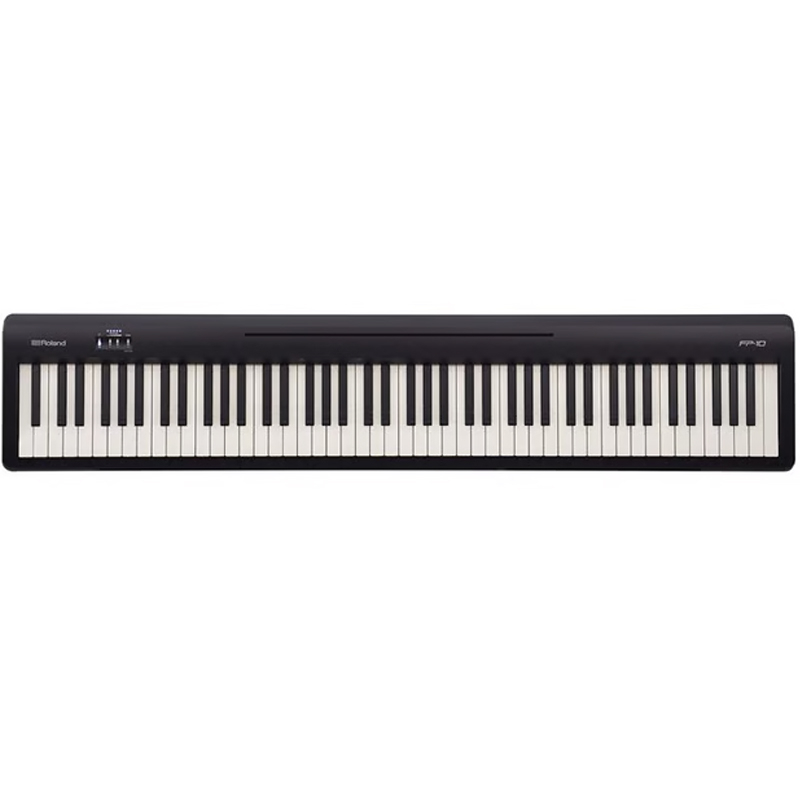
Piano type: Stage Piano
Keys: 88
Dimensions (mm): 1284 x 258 x 140
Weight (kg): 12.3
+ Bluetooth MIDI
+ PHA-4 keybed
- The speakers could be better
The FP-10 features Roland's class-leading PHA-4 keyboard. All 88 keys are individually weighted, just like an acoustic piano, delivering one of the most authentic-feeling keybeds in this price bracket.
This piano is insanely responsive and feels just like the real deal.
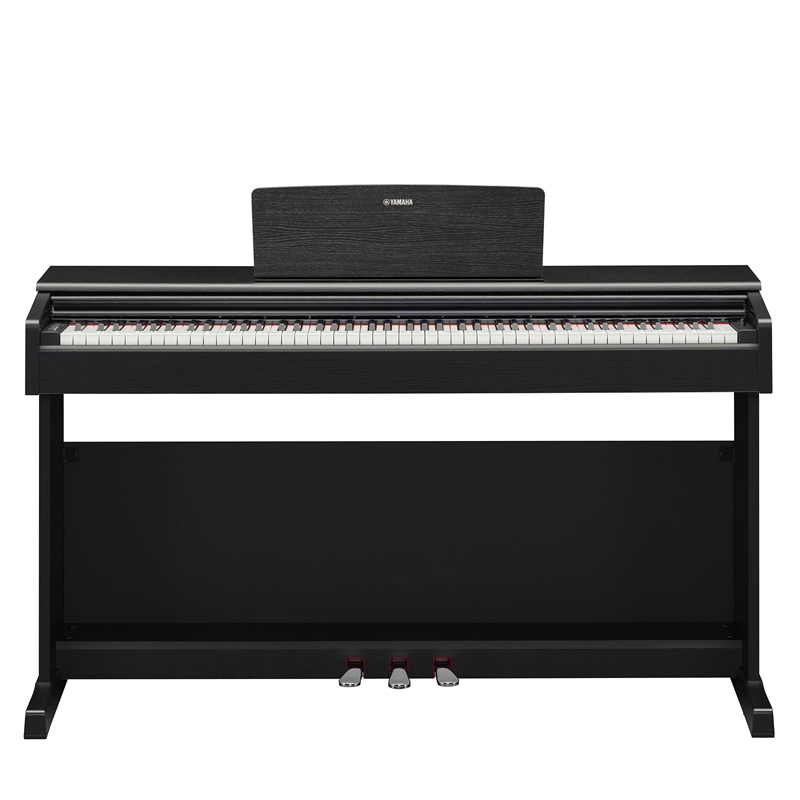
Piano type: Digital Piano
Keys: 88
Dimensions (mm): 1357 x 815 x 422
Weight (kg): 38
+ Comfortable key action
+ Slimline build
- Not as many sounds as others
The YDP range is ideal for those longing to play the piano, but don't have space for a full-sized upright. In our opinion, the Yamaha Arius YDP-145 is one of the best playing and sounding slimline options on the market.
Designed to fit in almost any home, this stylish instrument boasts 88 notes, weighted keys and three pedals.
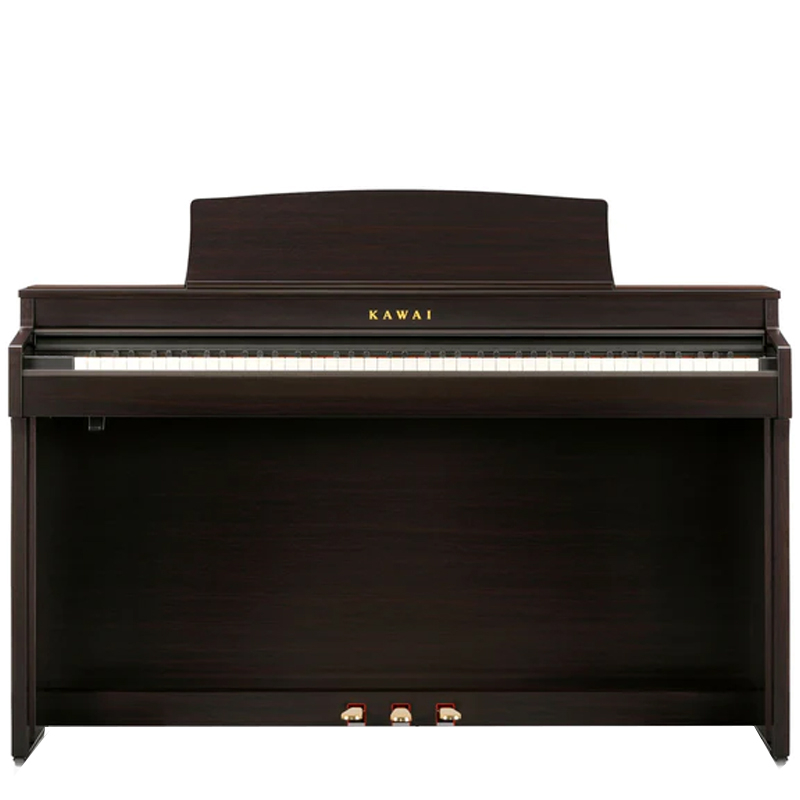
Piano type: Digital Piano
Keys: 88
Dimensions (mm): 870 x 1410 x 435
Weight (kg): 54
+ Great value
+ Robust build
- Extra sounds that you won’t use
With 90 years of experience building first-rate instruments, it's safe to assume Kawai knows a thing or two about pianos. The popular CN series certainly proves this with an authentic feeling touch, warm, rich tone, and a range of modern features.
The sounds found in the CN301 are some of the best we've heard. It's warm, rich, and full of depth.
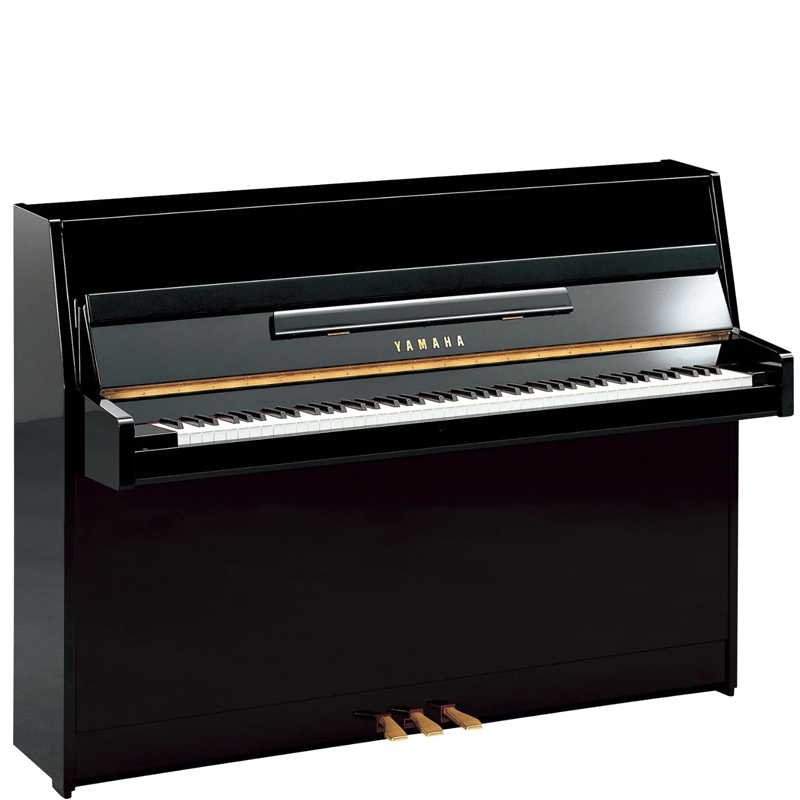
Piano type: Acoustic Piano
Keys: 88
Dimensions (mm): 1480 x 540 x 1090
Weight (kg): 174kg
+ Compact and affordable
+ Solid build quality
- Acoustic isn't for everyone
Now, we all know that acoustic pianos are expensive items. That said, piano master Yamaha does offer a relatively affordable entry point with their beloved b1 model.
Like all Yamaha instruments, this piano is reliable, well-built and fantastic sounding. Equally suitable for home, education or for studio recording duties this is a fabulous option if you want to go acoustic.
Looking for more piano advice? Check out our handy piano guides and features below
- Digital piano FAQ: we answer common digital piano queries
- The best online piano lessons: top software, apps and websites
- Our pick of the best electronic keyboards for every budget
- Don't forget about these essential piano accessories
- Sit comfortably with one of the best piano benches
- Get started with our pick of the best keyboards for beginners
- We round up the best electronic keyboards for all budgets
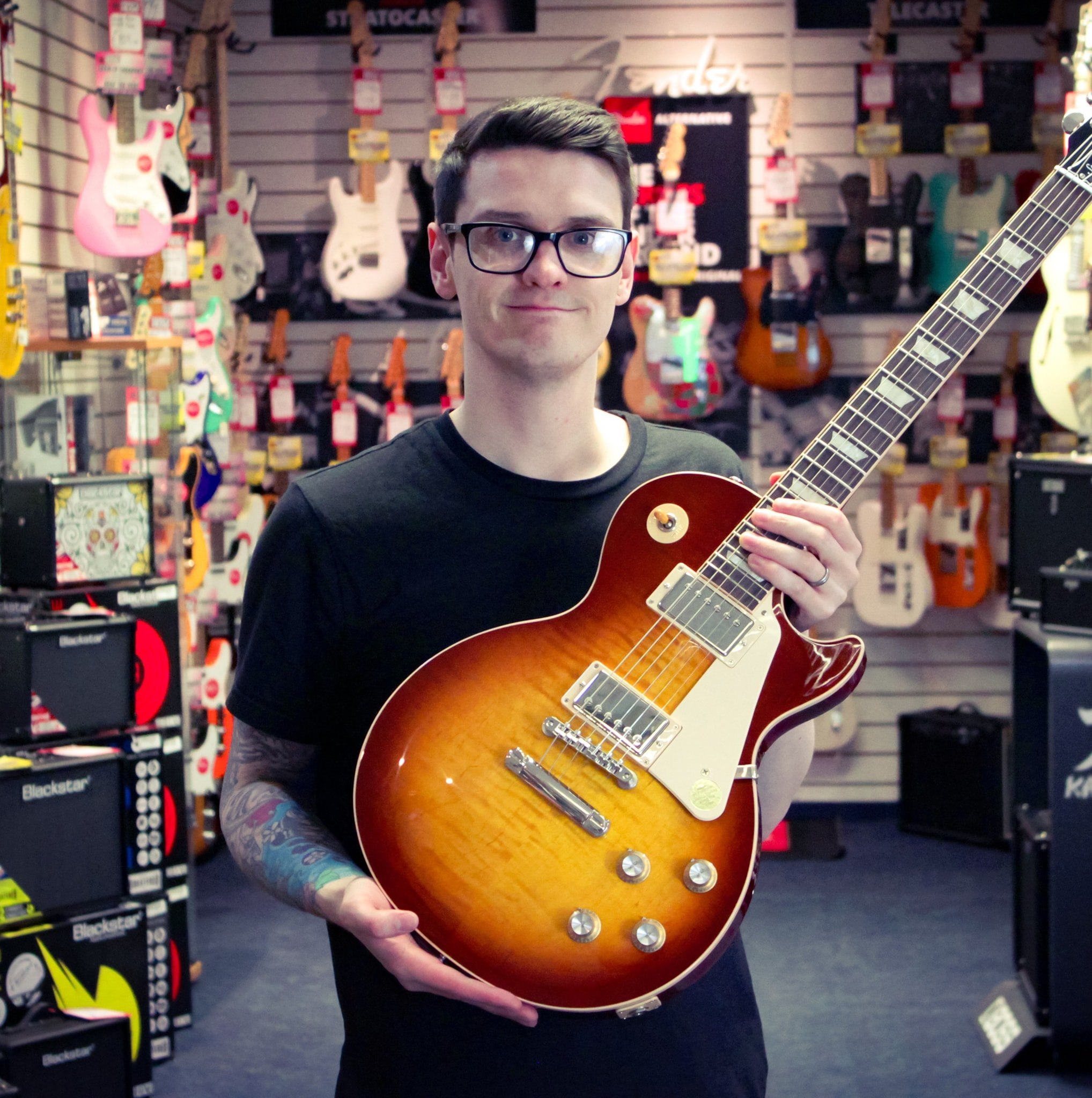
I'm a Senior Deals Writer at MusicRadar, and I'm responsible for writing and maintaining buyer's guides on the site. As part of my role, I also scour the internet for the best deals I can find on gear and get hands-on with the products for reviews. My gear reviews have been published in prominent publications, including Total Guitar, Guitarist, and Future Music, as well as Guitar World.com. I've also had the privilege of interviewing everyone from Slash to Yungblud, as well as members of Sum 41, Foo Fighters, The Offspring, and many more.
In a previous life, I worked in music retail, selling everything from digital pianos to electric guitars. I'm also a fully qualified sound engineer who holds a first-class Bachelor's degree in Creative Sound Production from the University of Abertay.